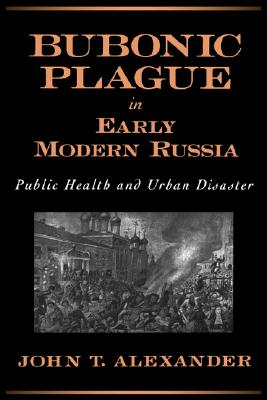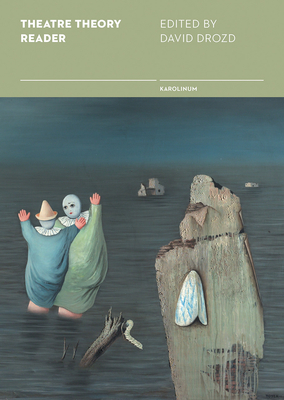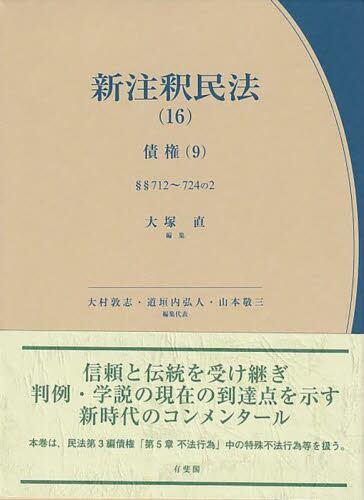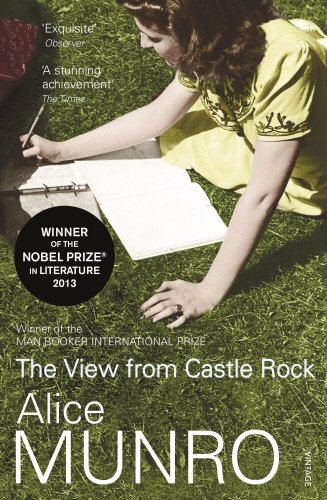
Bubonic Plague in Early Modern Russia:Public Health and Urban Disaster
马克思主义哲学售 价:
¥
814.00
发货周期:预计5-7周发货
出 版 社
出版时间
2002年12月12日
装 帧
页 码
408
开 本
234x152mm
综合评分
暂无评分
- 图书详情
- 目次
- 买家须知
- 书评(0)
- 权威书评(0)
图书简介
A wave of bubonic plague swept through Eastern Europe in the late eighteenth century. It made its way through the Balkans into the landmass of the Russian Empire and wrought its heaviest damage in Moscow. John T. Alexander?s study of the plague years dramatically highlights how the Russian people reacted to the dread disease, and shows how the tools of modern epidemiology can illuminate the causes of the plague?s tragic course through Russia. When the plague struck, it caught the Russians unawares; the country had not experienced such an epidemic in more than a generation. The disease stymied medical experts and perplexed officials. Many of the countermeasures they hoped would stem the wave of sickness and death actually exacerbated the problem. At the height of the pestilence, violence erupted; thousands of angry and frightened Muscovites overrode police and public authorities during the "plague riot" of September 1771. Alexander?s searches through many eyewitness accounts have enabled him to depict the plague?s effects on the gamut of society, from Empress Catherine to the mendicant clergy and the convict gravediggers. Bubonic Plague in Early Modern Russia makes contributions to many aspects of Russian and European history: social, economic, medical, urban, demographic, and meterological. It is particularly enlightening in its discussion of eighteenth-century Russia?s emergent medical profession and public health institutions, and, overall, should interest scholars in its use of abundant new primary source material from Soviet, German, and British archives.
本书暂无推荐
本书暂无推荐















